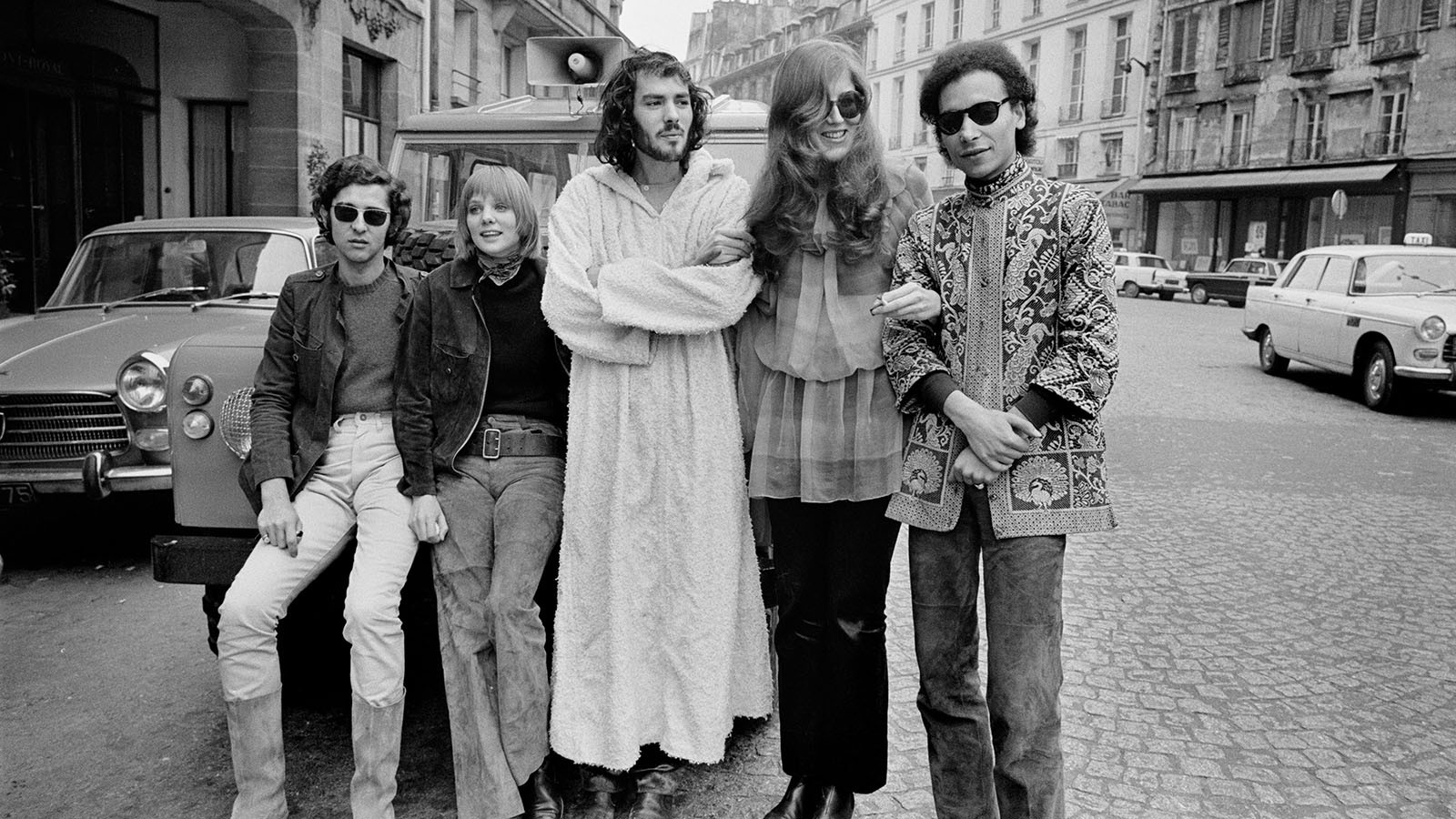2 or 3 Things I Know About Her

In 2 or 3 Things I Know About Her (2 ou 3 choses que je sais d’elle), Jean-Luc Godard beckons us ever closer, whispering in our ears as narrator. About what? Money, sex, fashion, the city, love, language, war: in a word, everything. Among the legendary French filmmaker’s finest achievements, the film takes as its ostensible subject the daily life of Juliette Janson (Marina Vlady), a housewife from the Paris suburbs who prostitutes herself for extra money. Yet this is only a template for Godard to spin off into provocative philosophical tangents and gorgeous images. 2 or 3 Things I Know About Her is perhaps Godard’s most revelatory look at consumer culture, shot in ravishing widescreen color by Raoul Coutard.
Special Features
- New, restored high-definition digital transfer
- Audio commentary featuring film scholar Adrian Martin
- Archival television interviews: the first featuring actress Marina Vlady on the set of the film, the second with Jean-Luc Godard debating the subject of prostitution
- New video interview with theater director Antoine Bourseiller, a friend of Godard's in the sixties
- A visual essay cataloguing the multiple references in the film
- Theatrical trailer
- New and improved English subtitle translation
- PLUS: An essay by film critic Amy Taubin and the letter that sparked the idea for the film
New cover by Jason Hardy
Special Features
- New, restored high-definition digital transfer
- Audio commentary featuring film scholar Adrian Martin
- Archival television interviews: the first featuring actress Marina Vlady on the set of the film, the second with Jean-Luc Godard debating the subject of prostitution
- New video interview with theater director Antoine Bourseiller, a friend of Godard's in the sixties
- A visual essay cataloguing the multiple references in the film
- Theatrical trailer
- New and improved English subtitle translation
- PLUS: An essay by film critic Amy Taubin and the letter that sparked the idea for the film
New cover by Jason Hardy

Cast
- Marina Vlady
- Juliette Janson
- Anny Duperey
- Marianne
- Joseph Gerhard
- Monsieur Gérard
- Roger Montsoret
- Robert Janson
- Raoul Lévy
- John Bogus (the American journalist)
- Jean Narboni
- Roger
- Christophe Bourseiller
- Christophe Janson
Credits
- Director
- Jean-Luc Godard
- Screenplay
- Jean-Luc Godard
- Based on an article by
- Catherine Vimenet
- Cinematography
- Raoul Coutard
- Sound
- René Levert
- Editing
- Françoise Collin
- Costumes
- Gitt Magrini
- Producer
- Anatole Dauman
- Producer
- Raoul Lévy











